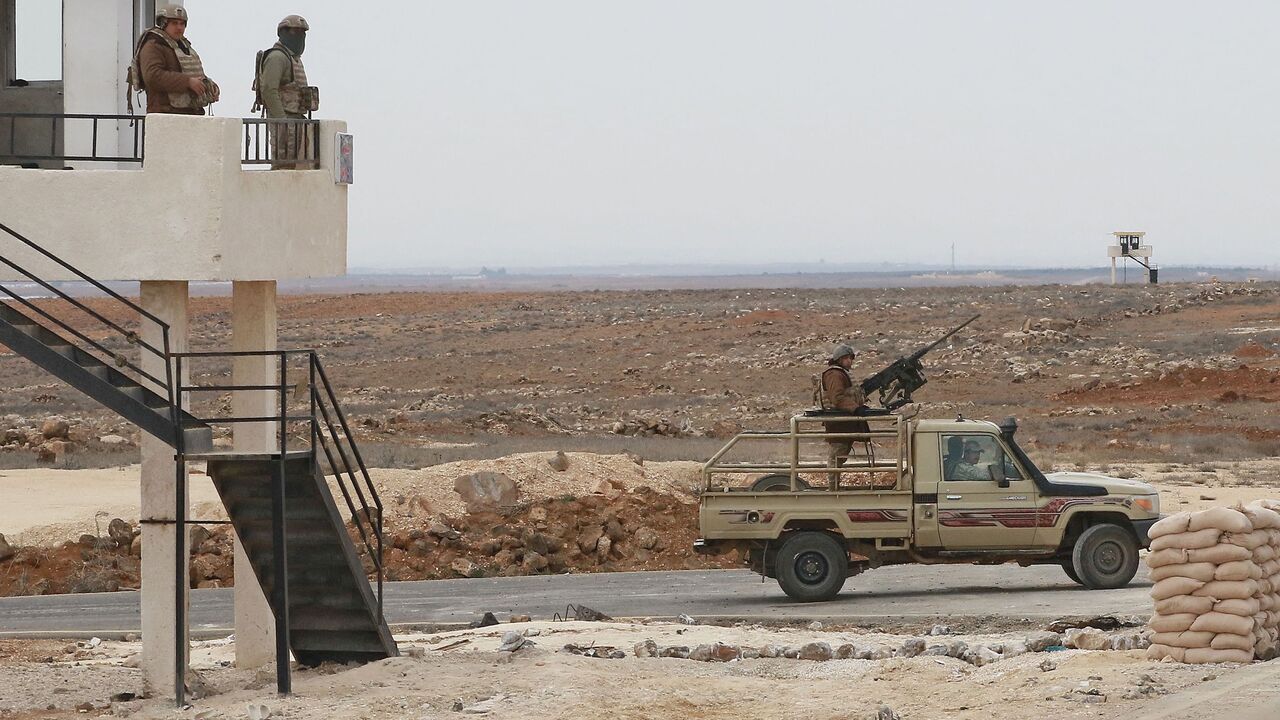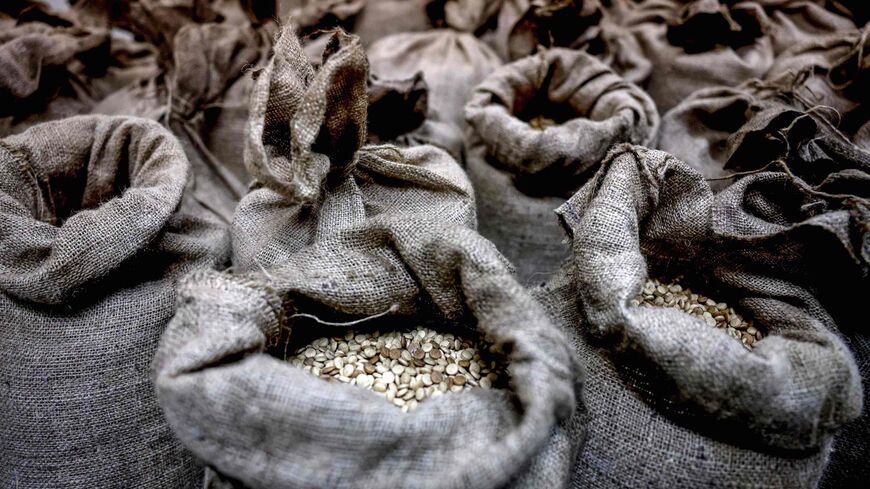Jordan seizes 9.5 million Captagon pills at Saudi border
Much of Jordan’s efforts to counter drug smuggling focus on the Syrian border, but Saudi Arabia remains a major destination for Captagon.

Jordanian authorities have thwarted a major drug smuggling operation, authorities said on Wednesday, in the latest sign of the persistence of the Captagon trade in the region.
The kingdom’s Public Security Department announced that two smuggling operations were uncovered at the Al-Omari border crossing with Saudi Arabia, leading to the seizure of 9.5 million narcotics pills, 143 kilograms of hashish and several arrests, the official Petra news agency reported.
In the first operation, the department’s Anti-Narcotics Division found 3.1 million pills hidden in a construction vehicle at the crossing. The driver was arrested and authorities subsequently sought the arrest of two other suspects. The agency did not specify whether the other two individuals had been detained.
In the second case, around 5 million pills were found hidden in another construction vehicle and three suspects were arrested.
Authorities also arrested two individuals in the Ramtha district near the Syrian border after finding 1.55 million pills and hashish in a water well, the agency reported.
Video published by the Saudi news outlet Al-Hadath showed dozens of packets of white pills.
#الأردن يعلن عن أكبر عملية لضبط مخدرات منذ أعوام عند منفذ على الحدود مع #السعودية#الحدث pic.twitter.com/SHj9Giser8
— ا لـحـدث (@AlHadath) June 5, 2024
Jordanian authorities did not specify the type of pills that were seized. Reuters reported that the pills were Captagon.
Why it matters: The drug trade is a significant concern for Jordan. In January, Jordan conducted airstrikes targeting drug dealers in southern Syria.
Much of Jordan’s efforts have focused on the Syria border. The trade of the amphetamine-type drug Captagon has become a multi-billion dollar industry in the war-torn country. After being produced in Syria, Captagon is often transported through Jordan to the Gulf.
In a report released last week detailing the Captagon trade from 2015 to 2023, the New Lines Institute stated that production of the drug is “steadily anchored” in Syrian government territory. On the other hand, ”small-scale production has sprouted in Iraq and mainland Europe as suppliers seek to diversify manufacturing and trafficking methods,” according to the report.
Jordan’s efforts to strike drug-related targets in Syria will not necessarily be successful, according to the institute.
“Jordanian airstrikes against trafficking networks in Syria’s Daraa and Sweida regions indicate a new level of coordination and intelligence exchange between the Jordanian military and local communities,” read the report. “However, this strategy cannot target large-scale manufacturing sites located farther into regime-held territory and has reportedly resulted in multiple deaths of innocent Syrians.”
Saudi Arabia is a major destination for Captagon and related drugs. The New Lines Institute identified the country as a “major consumer market” of Captagon and Saudi authorities sometimes announce busts of their own. Last week, the kingdom’s General Directorate of Narcotics Control said it had seized 4.7 million amphetamine pills in Riyadh.
Know more: Syria was readmitted to the Arab League in May of 2023, partly in an effort to get Damascus to cooperate on counter-narcotics efforts. The government of President Bashar al-Assad is using the Captagon trade as a “bargaining chip” in its quest to be reintegrated into the Arab world, according to a report from the Arab Center in Washington last month.
“The regime has offered to slow down Captagon production and smuggling in return for normalization, though despite its membership being reactivated in May 2023, production of the drug has not decreased,” read the report.






